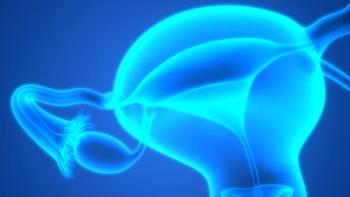
The phase 1/2 OVATION 2 study is expected to complete enrollment by the third quarter of this year.

The phase 1/2 OVATION 2 study is expected to complete enrollment by the third quarter of this year.
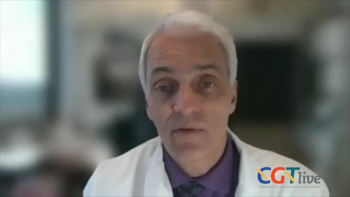
The clinical professor of medicine, Helen Diller Family Comprehensive Cancer Center, UCSF, discussed cilta-cel and upcoming cell therapies.
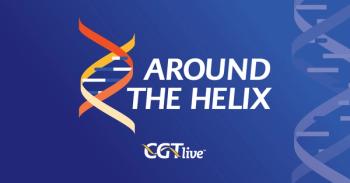
Catch up on the latest news, breakthroughs, and announcements from biotechnology companies making advancements in cell and gene therapies.
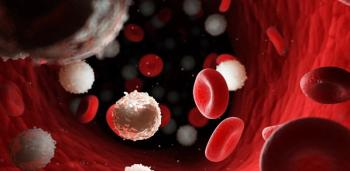
Long term survival was limited and all patients with B-cell acute lymphoblastic leukemia eventually relapsed.
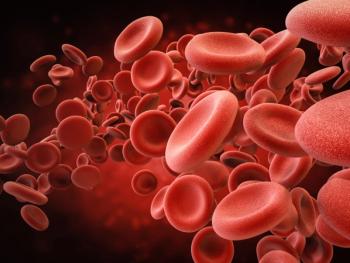
Annualized bleeding rate fell to 0 at a median of 58 weeks after infusion.
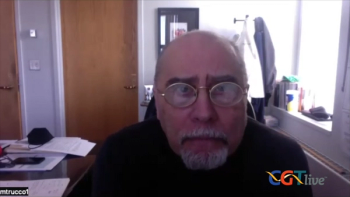
The director of the Alleghany Health Network Institute of Cellular Therapeutics discussed possible applications of the procedure.
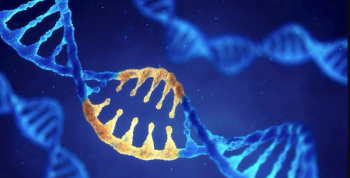
All children in the phase 3 SPR1NT study achieved the primary end point of independent sitting.
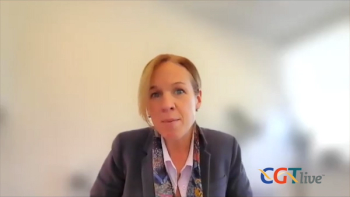
Jennifer Buell, PhD, president and chief executive officer, MiNK Therapeutics, discussed different indications for the iNKT therapy AgenT-797.
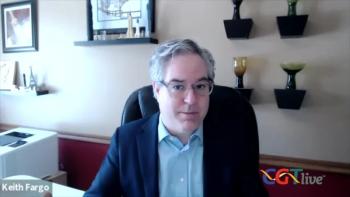
The chief scientific officer of the CMT Research Foundation discussed investigative cell and gene therapy approaches for treating CMT.

ACE1831 will soon be evaluated in a phase 1, first-in-human, clinical trial.
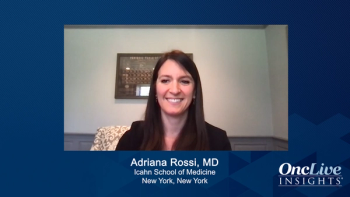
Oncologist discuss the possibility of earlier-line CAR T-cell therapies in MM.
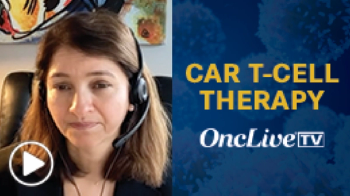
The director of the Center for Multiple Myeloma at Mass Gen discussed current CAR T-cell therapies in multiple myeloma.
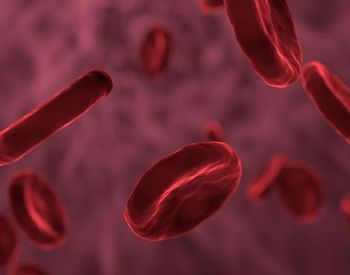
A multisite phase 1 clinical trial for NT-I7 is underway in patients with relapsed/refractory large B-cell lymphoma.
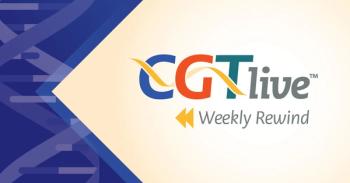
Review top news and interview highlights from the week ending June 17, 2022.
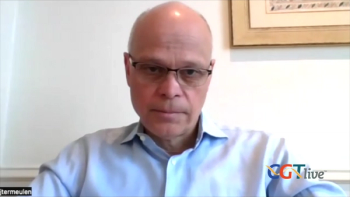
Jan ter Meulen, MD, PhD, chief scientific officer, Obsidian Therapeutics, discussed the potential of the cytoDRIVE platform.
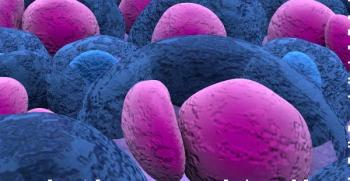
The therapy is now being evaluated in a phase 2 study.
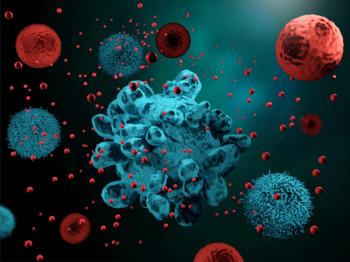
CTX130 is also being investigated for the treatment of r/r renal cell carcinoma in a phase 1 clinical trial called COBALT-RCC (NCT04438083).
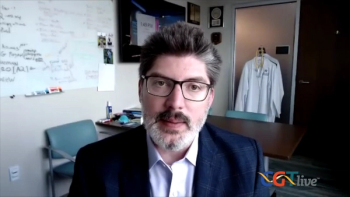
The vice-chair of the Department of Blood and Marrow Transplant and Cellular Immunotherapy at Moffitt Cancer Center discussed more work to be done with CAR T-cell therapies.

The approval came earlier than the recently extended PDUFA date of July 24, 2022.
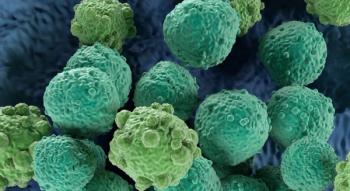
Mustang Bio presented data on MB-106 at the 2022 EHA Congress.

Among treated patients, 42% achieved 5-year event free survival.
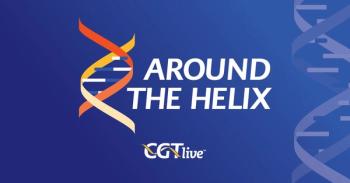
Catch up on the latest news, breakthroughs, and announcements from biotechnology companies making advancements in cell and gene therapies.
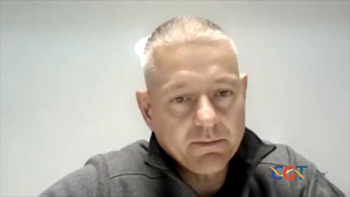
Takashi Kei Kishimoto, PhD, and Carsten Brunn, PhD, the chief science and executive officers of Selecta Biosciences, discussed the immunogenicity-mitigating properties of ImmTOR.
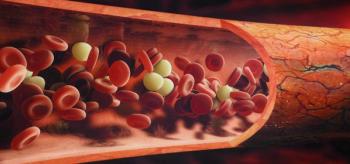
Updated date from the B-LIEVE study is expected in the second half of 2022 and first half of 2023.

The trial was placed on hold after elevated liver function test scores.

The director of the Alleghany Health Network Institute of Cellular Therapeutics discussed islet cell transplant for the treatment of chronic pancreatitis.

GC012F also showed efficacy in B-cell non-Hodgkin lymphoma.
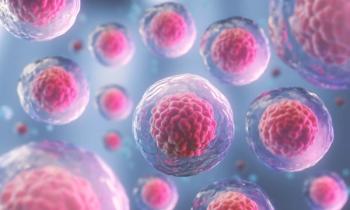
The CD-19 CAR T-cell therapy is developed using Curocell’s OVISTM platform.
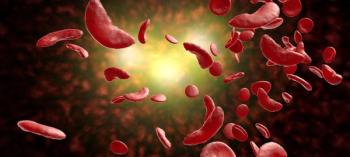
Results from the CLIMB THAL-111 and CLIMB SCD-121 trials were presented at the EHA 2022 Congress.
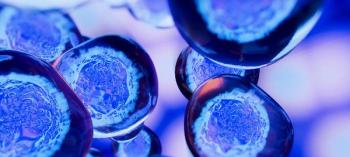
Response rates were significantly higher but patients had more cases of ICANS and CRS with axi-cel treatment compared to tisa-cel treatment.